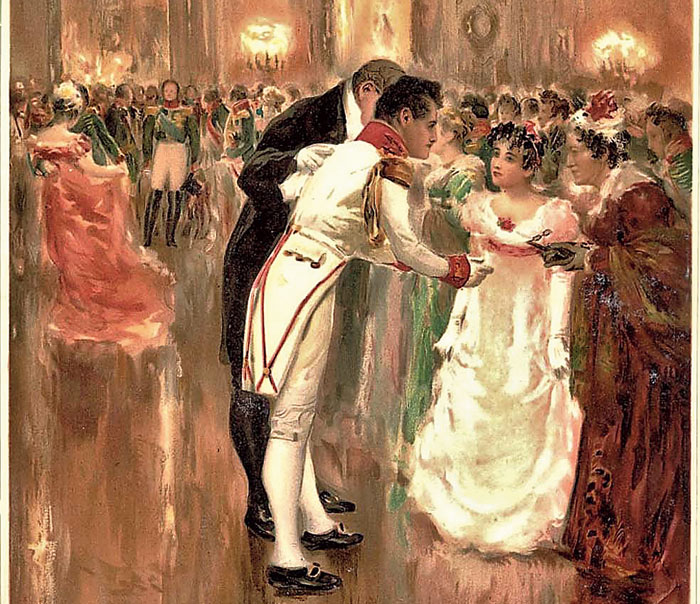Why did you keep a copy of War and Peace at home, you will have to explain this, Bombay High Court told activist Vernon Gonsalves on Wednesday.
Opposing the bail petition of the activist in the Elgar Parishad-Bhima Koregaon case, Pune police had read out in court titles of books and CDs that formed part of “incriminating evidence” seized from his house during raids.
Some of the titles on the police list: Rajya Daman Virodhi, released by Kabir Kala Manch; Marxist Archives; Jai Bhima Comrade; RCP Review; copies of a circular issued by the National Study Circle; and War and Peace.
A panoramic study of early 19th-century Russian society during the Napoleonic wars, War and Peace is regarded as one of the world’s greatest novels.
The single-judge bench of Justice Sarang Kotwal said: “The title of the CD Rajya Daman Virodhi itself suggests it has something against the State while War and Peace is about a war in another country. Why did you keep objectionable material such as books like War and Peace… at home? You will have to explain this to the court.”
Gonsalves was among the activists arrested under the Unlawful Activities (Prevention) Act after the raids conducted a year ago.
The police had claimed that provocative speeches made at the Elgar Parishad in Pune on December 31, 2017, were responsible for the caste violence around Bhima-Koregaon village in Pune district the next day. One person was killed in the violence.
Others arrested in the case include activists and academics Shoma Sen, Rona Wilson, Sudha Bharadwaj, Arun Ferreira and Gautam Navlakha.
Gonsalves’s counsel Mihir Desai told the high court the police had based the entire case against him on emails and letters recovered from the computers of other people.
Advocate Aruna Pai, representing Pune police, then pointed to the “highly incriminating evidence” in the form of “books and CDs with objectionable titles”.
Agreeing with the defence that mere possession of books and CDs does not make anyone a terrorist, Justice Kotwal said Gonsalves would have to explain why he kept such material at his home.
The police too have “much explaining” to do, he added. “Merely stating that they have objectionable titles is not enough,” the judge said. “If you do not place on record the content and details of such material, the court will have to ignore them.”











